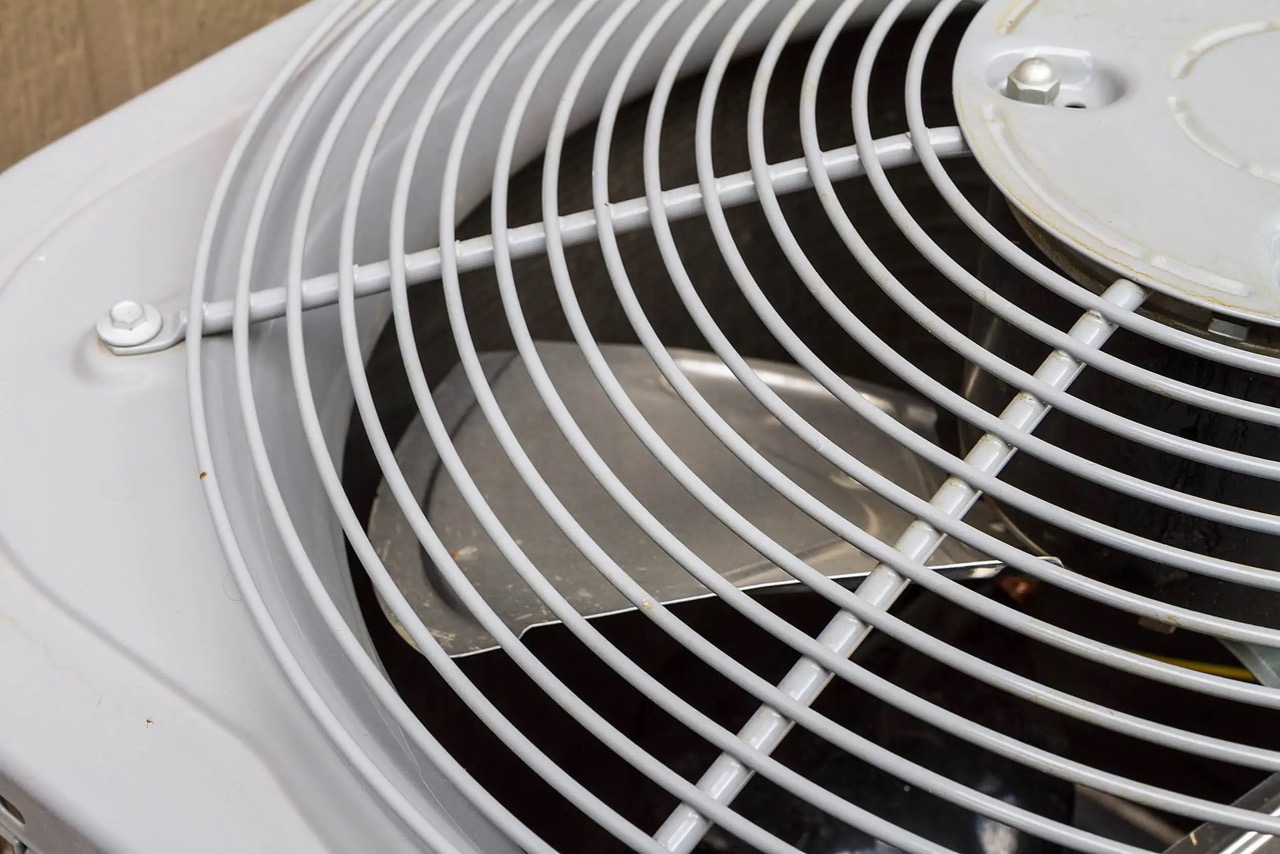

Articles
How Much Is an AC Fan Motor
Modified: October 20, 2024
Discover the different factors that affect the cost of an AC fan motor. Read our informative articles to learn more about AC fan motor prices.
(Many of the links in this article redirect to a specific reviewed product. Your purchase of these products through affiliate links helps to generate commission for Storables.com, at no extra cost. Learn more)
Introduction
Welcome to our comprehensive guide on AC fan motors! If you own an air conditioning system, you’re probably familiar with the importance of a functioning fan motor. The fan motor is responsible for circulating air throughout the unit, ensuring optimal cooling performance.
In this article, we will delve into the basics of AC fan motors, explore the factors that affect their prices, discuss the different types available, and offer guidance on how to determine the cost of a fan motor for your specific needs. Additionally, we will touch on common issues and troubleshooting tips to help you keep your AC system running smoothly.
Having a good understanding of AC fan motors is crucial for homeowners and HVAC professionals alike. Whether you’re considering a new installation or need to replace a faulty motor, knowing what to look for and how to choose the right one can save you time, money, and frustration in the long run.
So, let’s get started and demystify the world of AC fan motors!
Key Takeaways:
- When considering an AC fan motor, prioritize energy efficiency, compatibility, and long-term savings. Quality, brand reputation, and professional guidance are essential for making an informed and cost-effective decision.
- Troubleshooting common AC fan motor issues, such as motor failure, noise, and overheating, requires prompt attention and professional assistance. Regular maintenance and inspections are crucial for ensuring optimal performance and longevity.
Read also: 13 Best AC Fan Motor for 2025
AC Fan Motor Basics
Before we dive into the specifics, let’s start with the basics of AC fan motors. An AC fan motor is a vital component of an air conditioning system, responsible for driving the rotation of the fan blades. It is typically located in the outdoor unit or condenser and is powered by electricity.
The main purpose of the AC fan motor is to circulate air across the condenser coils, expelling heat from the system to the outdoor environment. This helps in the cooling process by transferring the heat absorbed from the indoor air to the outside.
AC fan motors come in different sizes and power ratings, depending on the size and capacity of the air conditioning unit. They are designed to withstand high temperatures, as they are constantly exposed to heat generated during the cooling process. Fan motors contain internal bearings and are often sealed to protect them from dust, moisture, and other environmental factors.
Typically, AC fan motors are of the single-speed or multi-speed variety. Single-speed motors operate at a fixed speed, while multi-speed motors offer different speed settings, allowing for quieter operation and increased energy efficiency.
In addition to the fan motor, an air conditioning system may also have a compressor motor, responsible for compressing and circulating refrigerant to facilitate the cooling process. However, it’s important to note that the focus of this article is specifically on AC fan motors.
Understanding the basics of AC fan motors is essential for effectively troubleshooting issues, choosing the right replacement, or upgrading your existing system. Now that we have a foundation, let’s explore the factors that can influence the prices of AC fan motors.
Factors Affecting AC Fan Motor Prices
When it comes to AC fan motors, several factors can impact their prices. Understanding these factors can help you make an informed decision when purchasing a new motor or replacing an existing one. Here are some key factors to consider:
1. Motor Type: The type of AC fan motor you choose can greatly affect its price. There are various types available, including shaded pole motors, permanent split capacitor (PSC) motors, and electronically commutated motors (ECMs). ECMs, although more expensive upfront, offer improved energy efficiency and performance.
2. Motor Size and Capacity: The size and capacity of the motor needed for your specific air conditioning system will also play a role in determining the price. Larger AC units require more powerful fan motors, which can be more expensive.
3. Brand and Quality: The brand and quality of the AC fan motor can significantly impact its price. Well-known and reputable brands often come with a higher price tag due to their reliability and durability. However, it’s essential to balance quality with affordability and consider reputable brands known for offering good value for money.
4. Energy Efficiency Rating: Energy-efficient AC fan motors, such as ECMs, tend to have a higher initial cost but can save you money in the long run by reducing energy consumption. These motors are designed to operate more efficiently, resulting in lower utility bills.
5. Ease of Installation: The complexity of installing a particular AC fan motor can affect the overall price. Motors that require more labor and expertise for installation may come at a higher cost due to additional time and effort involved.
6. Warranty: The warranty provided with the AC fan motor can influence its price. Longer and more comprehensive warranties typically come with a higher price, but they also provide added peace of mind by protecting your investment.
7. Market Demand: Supply and demand dynamics can impact AC fan motor prices. If there is high demand for a specific motor due to its reputation or unique features, the price may be higher. Conversely, if there is an oversupply of a certain type of motor, prices may be more competitive.
Remember, while price is an important consideration, it’s essential to prioritize quality and functionality when choosing an AC fan motor. Opting for a reliable and efficient motor will ensure optimal performance and longevity for your air conditioning system. In the next section, we will explore the different types of AC fan motors available in the market.
Types of AC Fan Motors
When it comes to AC fan motors, there are several types to choose from. Each type has its own set of characteristics, efficiency levels, and performance capabilities. Understanding the different types can help you make an informed decision when selecting a motor for your air conditioning system. Here are the main types of AC fan motors:
1. Shaded Pole Motors: Shaded pole motors are the simplest and most inexpensive type of AC fan motors. They contain a single winding with a unique pole and shading coil arrangement. These motors are reliable and easy to install but may have lower efficiency and limited operating speeds compared to other types.
2. Permanent Split Capacitor (PSC) Motors: PSC motors are commonly used in air conditioning systems. These motors have a separate capacitor that provides an electrical phase shift, enabling the motor to start and run efficiently. PSC motors are reliable, cost-effective, and offer multiple speed settings for enhanced performance and energy efficiency.
3. Brushless Direct Current (BLDC) Motors: BLDC motors, also known as electronically commutated motors (ECMs), offer advanced technology and superior energy efficiency. Unlike traditional AC motors, BLDC motors operate on DC power and use electronic control for precise speed control, reduced energy consumption, and quieter operation. Although more expensive upfront, ECMs can provide significant energy savings over time.
4. Three-Phase Induction Motors: Three-phase induction motors are commonly used in large commercial HVAC systems. These motors are highly efficient, durable, and capable of handling heavy loads. They require a three-phase power supply and are typically more expensive than single-phase motors.
5. Variable Speed Motors: Variable speed motors, such as ECMs, are designed to adjust their speed based on the cooling demands of the system. This ability to modulate the speed allows for more precise temperature control, reduced energy consumption, and improved comfort. Variable speed motors may have a higher upfront cost but can provide substantial long-term savings.
6. High-Efficiency Motors: High-efficiency motors are designed to meet or exceed specific energy efficiency standards. These motors are typically more energy-efficient than standard motors and can help reduce energy costs. They are available in various types, including PSC motors and ECMs, and can be a worthwhile investment for long-term savings.
When selecting an AC fan motor, consider the specific requirements of your air conditioning system, such as size, capacity, and desired performance. Consulting with a professional HVAC technician can also provide valuable guidance in choosing the right type of motor for your needs. Now that we have explored the types of AC fan motors, let’s move on to understand how to determine the cost of an AC fan motor for your specific requirements.
How to Determine the Cost of an AC Fan Motor
Determining the cost of an AC fan motor can vary depending on various factors, including the type of motor, brand, size, and specific requirements of your air conditioning system. Here are some essential steps to help you determine the cost of an AC fan motor:
1. Assess Your Air Conditioning System: Start by evaluating your air conditioning system. Determine the size and capacity of the motor required for your specific unit. Consider factors such as the tonnage or BTU cooling capacity to ensure you choose a motor that is compatible and can effectively circulate air.
2. Choose the Type of Motor: Decide on the type of motor that best suits your needs. Consider factors such as energy efficiency, performance, and budget. Compare the different types we discussed earlier, such as shaded pole motors, PSC motors, BLDC motors, and high-efficiency motors, to make an informed decision.
3. Research Brands and Models: Conduct thorough research on reputable brands that offer AC fan motors. Look for brands known for their quality, reliability, and customer satisfaction. Read reviews, gather recommendations, and consider the warranty and customer support offered by each brand.
4. Get Multiple Quotes: Reach out to HVAC suppliers or manufacturers to obtain multiple quotes for the AC fan motor you require. Provide them with the necessary information, such as the motor type, size, and any specific requirements. Getting quotes from multiple sources will help you compare prices and make a more informed decision.
5. Consider Installation Costs: Take into account the installation costs associated with the AC fan motor. If you are replacing an existing motor, it may involve additional labor and materials. Consult with an HVAC professional to understand the installation process and any potential costs involved.
6. Factor in Long-Term Savings: While upfront costs are important, it’s crucial to consider the long-term savings that an energy-efficient motor can provide. Calculate the potential energy savings over the lifespan of the motor and compare it with the initial cost. This will help you determine the overall value of the motor in terms of energy efficiency and cost-effectiveness.
7. Consult with HVAC Professionals: If you’re unsure about the specific requirements or the cost of an AC fan motor, consider consulting with an HVAC professional. They can assess your air conditioning system, provide expert advice, and help you determine the most suitable motor for your needs.
Remember, it’s essential to prioritize quality and functionality over price alone when choosing an AC fan motor. Investing in a reliable and energy-efficient motor will result in better performance, energy savings, and longevity for your air conditioning system.
When determining the cost of an AC fan motor, consider factors such as the type and size of the motor, the brand, and whether it is a single-speed or variable-speed motor. Additionally, labor costs for installation should also be factored in.
Read more: How Much Is a Fan Motor for an AC Unit
Average Price Range for AC Fan Motors
The cost of an AC fan motor can vary depending on several factors, such as the type of motor, brand, size, and specific requirements of your air conditioning system. It’s important to note that the prices mentioned here are approximate averages, and actual costs may vary:
1. Shaded Pole Motors: Shaded pole motors are the most affordable option, with prices typically ranging from $50 to $150. These motors are commonly used in smaller residential air conditioning units.
2. Permanent Split Capacitor (PSC) Motors: PSC motors are relatively affordable, with prices ranging from $100 to $200. The cost may vary based on the size and efficiency level of the motor.
3. Brushless Direct Current (BLDC) Motors: BLDC motors, also known as ECMs, are more expensive compared to shaded pole and PSC motors due to their advanced technology and energy efficiency. Prices for ECMs can range from $200 to $500 or more, depending on the brand and features.
4. Three-Phase Induction Motors: Three-phase induction motors are commonly used in commercial HVAC systems and are generally more expensive than motors for residential units. Prices for three-phase induction motors can range from $500 to $1,500 or more, depending on the size and capacity.
5. Variable Speed Motors: Variable speed motors, such as ECMs, are typically more expensive due to their advanced features and energy-saving capabilities. Prices for variable speed motors can range from $300 to $700 or more, depending on the brand and specifications.
It’s important to consider that the above price ranges are for the motor unit itself and do not include installation costs. Installation costs can vary depending on the complexity of the installation and may require the assistance of a professional HVAC technician.
When budgeting for an AC fan motor, it’s also essential to consider the long-term savings and energy efficiency benefits that a higher-priced, energy-efficient motor can provide. Although they may have a higher upfront cost, energy-efficient motors can lead to significant savings on energy bills over time.
To get the most accurate pricing information, it is recommended to obtain quotes from multiple suppliers or manufacturers, taking into account the specific requirements of your air conditioning system. Consulting with HVAC professionals can also provide valuable insights and help you choose the most suitable motor within your budget.
Remember to prioritize quality and reliability when selecting an AC fan motor, as the performance and lifespan of your air conditioning system depend on it.
Factors to Consider When Buying an AC Fan Motor
When purchasing an AC fan motor, it’s important to consider several key factors to ensure you select the right motor for your air conditioning system. Here are some important factors to keep in mind:
1. Compatibility: Ensure that the AC fan motor you choose is compatible with your specific air conditioning unit. Consider factors such as the size, capacity, and voltage requirements of your system. Consulting the manufacturer’s specifications or seeking professional advice can help ensure compatibility.
2. Motor Type: Consider the different types of AC fan motors available, such as shaded pole motors, PSC motors, BLDC motors, and high-efficiency motors. Assess their features, performance, and energy efficiency to choose the type that best suits your needs and budget.
3. Efficiency: Opt for an energy-efficient motor, as this can lead to long-term savings on energy bills. Look for motors with high energy efficiency ratings or those labeled as Energy Star certified. Energy-efficient motors may have a higher upfront cost but can provide substantial savings in the long run.
4. Brand and Quality: Select a motor from a reputable brand known for its quality and reliability. Ensure that the brand has a good track record, offers reliable customer support, and provides warranty coverage. Research customer reviews and recommendations to gain insights into the brand’s reputation.
5. Noise Level: Consider the noise level of the motor. If noise is a concern, look for motors that are specifically designed for quiet operation. ECMs, for example, are known for their quiet performance.
6. Installation Requirements: Take into account the installation requirements of the AC fan motor. Some motors may require specific wiring or additional components for installation. Ensure that you have the necessary expertise or hire a professional HVAC technician for installation.
7. Budget: Set a budget for your AC fan motor purchase. Consider the upfront cost of the motor, as well as any long-term savings on energy bills. Balance your budget with the desired features and performance to find the best value for your money.
8. Warranty: Check the warranty provided with the AC fan motor. A longer and comprehensive warranty can provide peace of mind and protect your investment. Understand the terms and conditions of the warranty coverage before making a purchase.
9. Consultation with HVAC Professionals: When in doubt, consult with HVAC professionals who can assess your specific needs and provide expert guidance. They can help determine the most suitable motor for your air conditioning system and ensure a smooth installation process.
By considering these factors, you can make an informed decision when purchasing an AC fan motor. Prioritize quality, compatibility, efficiency, and reliability to ensure optimal performance and longevity for your air conditioning system.
Common Issues and Troubleshooting with AC Fan Motors
Like any mechanical component, AC fan motors can experience issues over time. Familiarizing yourself with common problems and troubleshooting techniques can help you identify and resolve issues promptly, avoiding extensive damage to your air conditioning system. Here are some common issues and troubleshooting tips for AC fan motors:
1. Motor Not Running: If your AC fan motor is not running at all, check the power supply. Ensure that the motor is receiving sufficient voltage and that the circuit breaker is not tripped. If the power supply is fine but the motor still doesn’t run, the motor may be faulty and require replacement.
2. Motor Struggling to Start: If the AC fan motor has difficulty starting, it may be due to a faulty capacitor. The capacitor provides an electrical boost to start the motor. Check the capacitor for any signs of damage or contact a professional to test and replace it if necessary.
3. Loud and Noisy Operation: Excessive noise coming from the AC fan motor could indicate worn-out bearings, loose components, or debris caught in the fan blades. Inspect the motor and fan assembly for any signs of damage or obstructions. Tighten loose components and clean the fan blades to restore smooth and quiet operation.
4. Motor Overheating: An overheating motor may be caused by restricted airflow, dirty coils, or a malfunctioning thermostat. Ensure proper airflow around the motor by clearing any obstructions. Clean the condenser coils regularly to maintain optimal heat dissipation. If the problem persists, it may be a sign of a motor or electrical issue that requires professional attention.
5. Inconsistent Speed Control: If the AC fan motor has multiple speed settings and fails to operate at the desired speed, there could be an issue with the motor’s controls or the motor itself. Check the wiring and controls for any loose connections or damaged components. If the problem persists, consult an HVAC technician for further diagnosis and repair.
6. Excessive Vibration: Excessive vibration could indicate a misalignment or an unbalanced fan blade. Inspect the fan assembly and make sure all components are properly secured. If the vibration continues, adjust the blade balance or consider replacing the fan blade if it is damaged or warped.
7. Motor Runs Continuously: If the AC fan motor runs continuously, even when the desired temperature is reached, there may be an issue with the thermostat or the control wiring. Check the thermostat settings and ensure that the wiring connections are secure. If the problem persists, consult an HVAC professional to diagnose and rectify the issue.
8. Frequent Motor Cycling: If the AC fan motor frequently turns on and off rapidly, it could be a sign of inadequate airflow, refrigerant issues, or a faulty thermostat. Inspect the air filters and clean or replace them if necessary. Verify that the refrigerant levels are sufficient and that the thermostat is calibrated correctly. If the problem persists, consult a professional for further troubleshooting and repair.
Remember, safety should always be a priority when working with electrical components. If you’re unsure about troubleshooting or dealing with AC fan motor issues, it’s best to seek the assistance of a licensed HVAC technician to avoid causing further damage to the system. Regular maintenance and professional inspections can help identify potential problems before they escalate, keeping your AC fan motor and air conditioning system in optimal working condition.
Conclusion
An AC fan motor is a critical component of your air conditioning system, responsible for circulating air and maintaining optimal cooling performance. Understanding the basics of AC fan motors, factors influencing prices, different types available, and how to determine the cost are crucial in making an informed decision when purchasing or replacing a motor.
Factors such as motor type, size, brand, energy efficiency, and installation requirements should be carefully considered. Balancing budget with quality and functionality is key to selecting the right AC fan motor for your specific needs.
When troubleshooting AC fan motor issues, common problems like motor failure to start, noisy operation, overheating, speed control issues, and continuous running should be addressed promptly. Regular maintenance, cleanliness, and professional inspections can prevent potential problems and extend the lifespan of the motor.
In conclusion, selecting the right AC fan motor is essential for maintaining the efficiency, performance, and longevity of your air conditioning system. Investing in a reliable, energy-efficient motor from a reputable brand can lead to long-term savings on energy bills and minimize potential problems down the line. Regular maintenance, proper installation, and professional assistance when needed will keep your AC fan motor running smoothly for years to come.
We hope this comprehensive guide has equipped you with valuable knowledge about AC fan motors and empowered you to make informed decisions when it comes to buying, troubleshooting, and maintaining these vital components of your air conditioning system.
Frequently Asked Questions about How Much Is An AC Fan Motor
Was this page helpful?
At Storables.com, we guarantee accurate and reliable information. Our content, validated by Expert Board Contributors, is crafted following stringent Editorial Policies. We're committed to providing you with well-researched, expert-backed insights for all your informational needs.
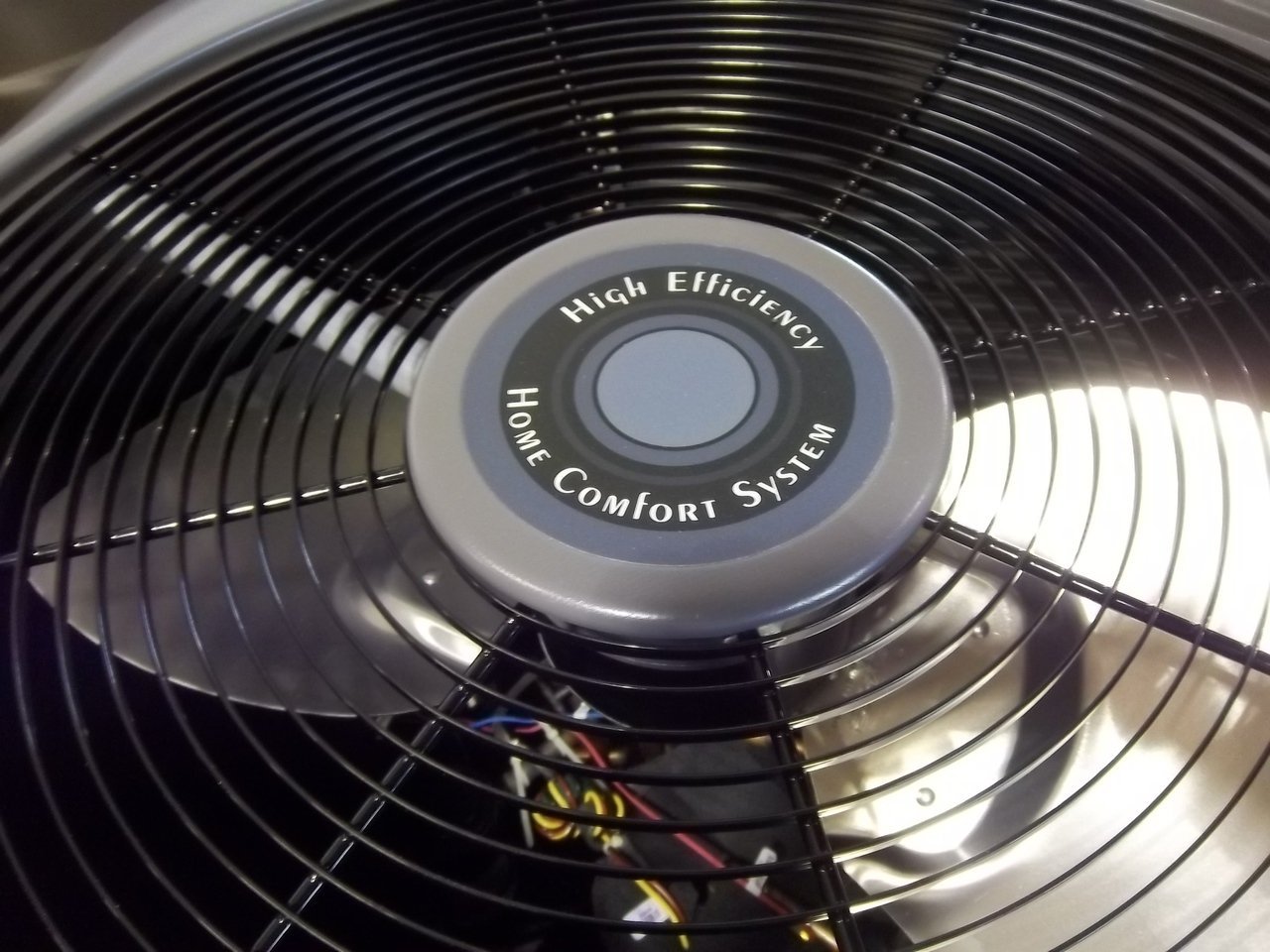
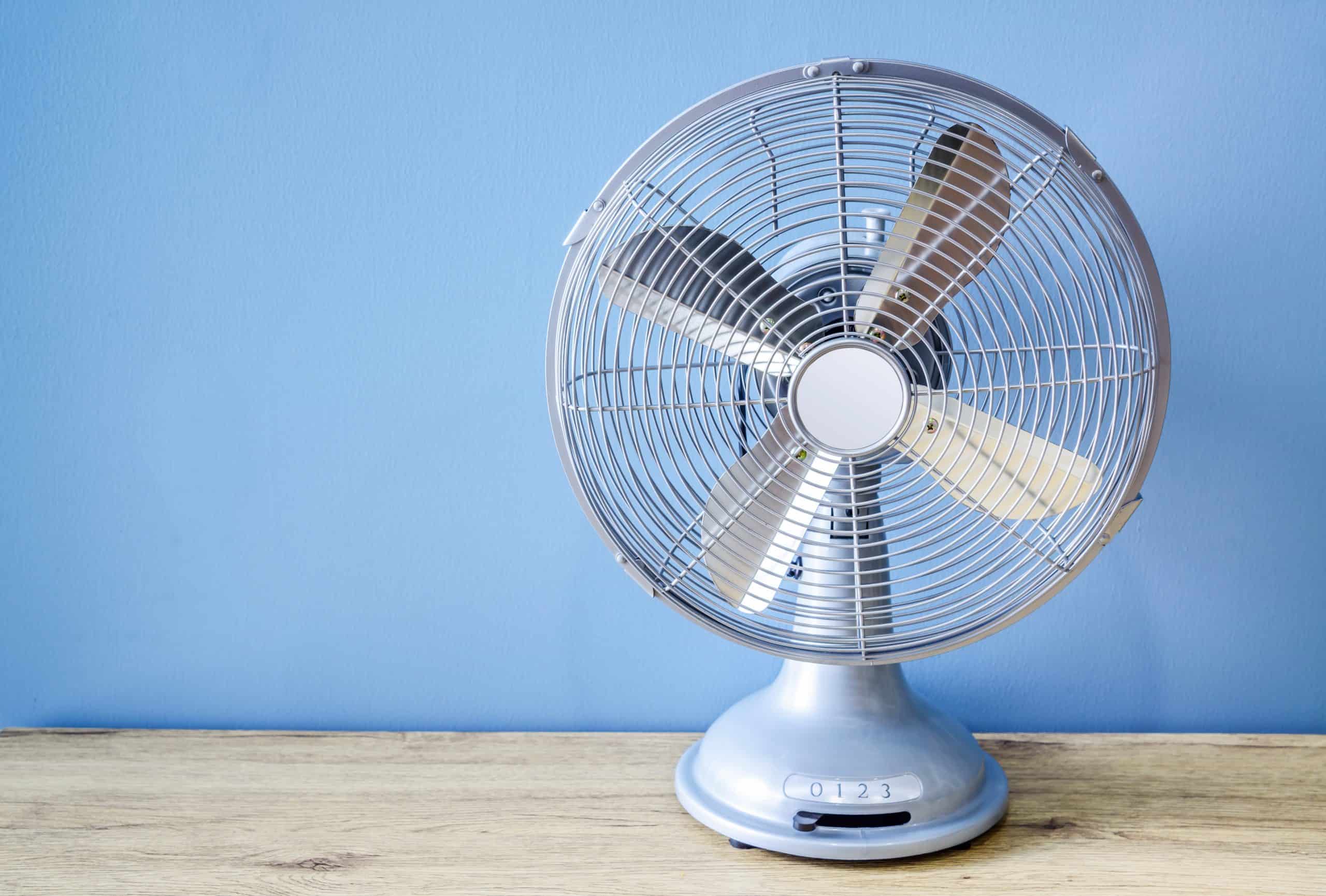
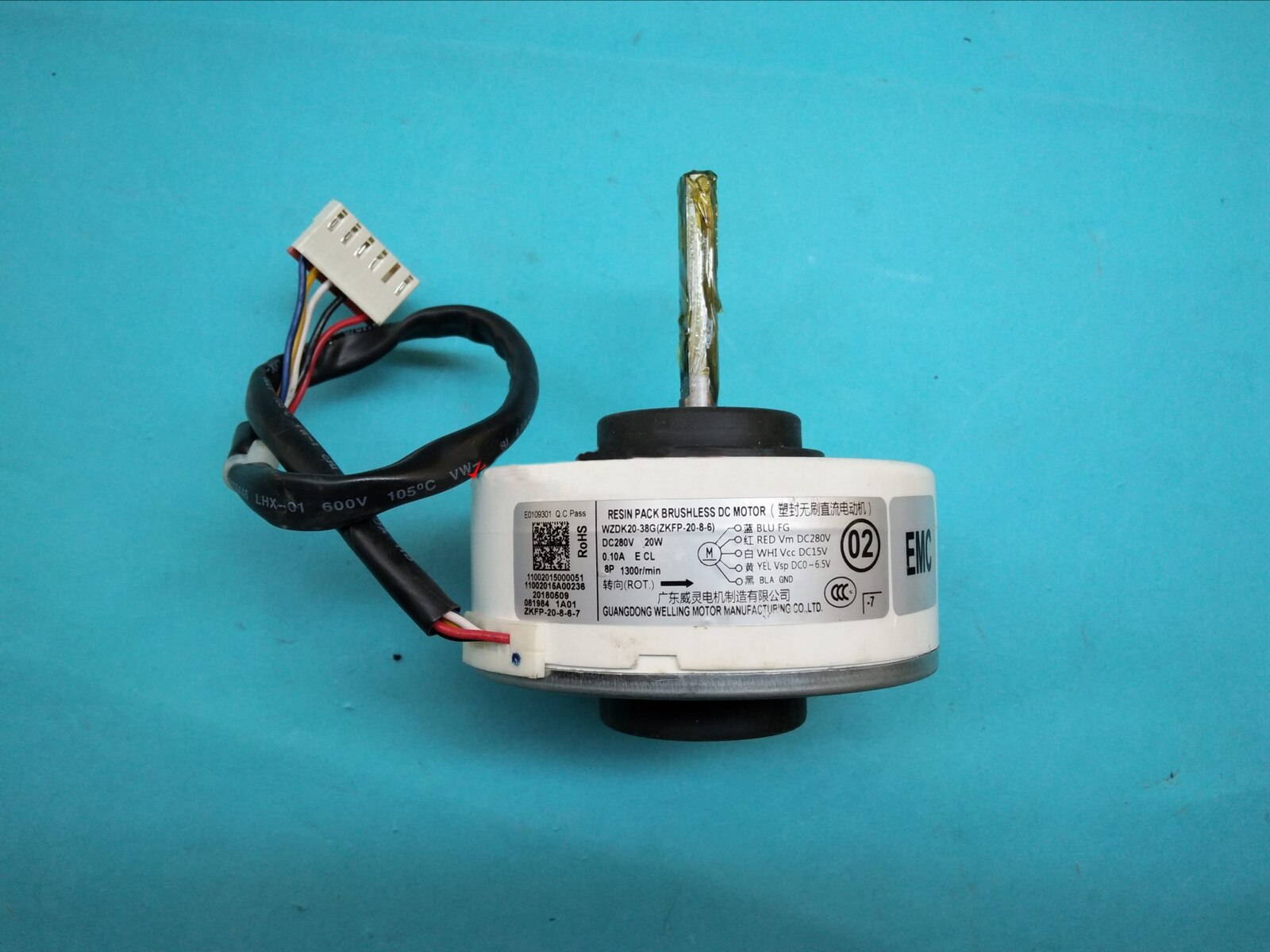
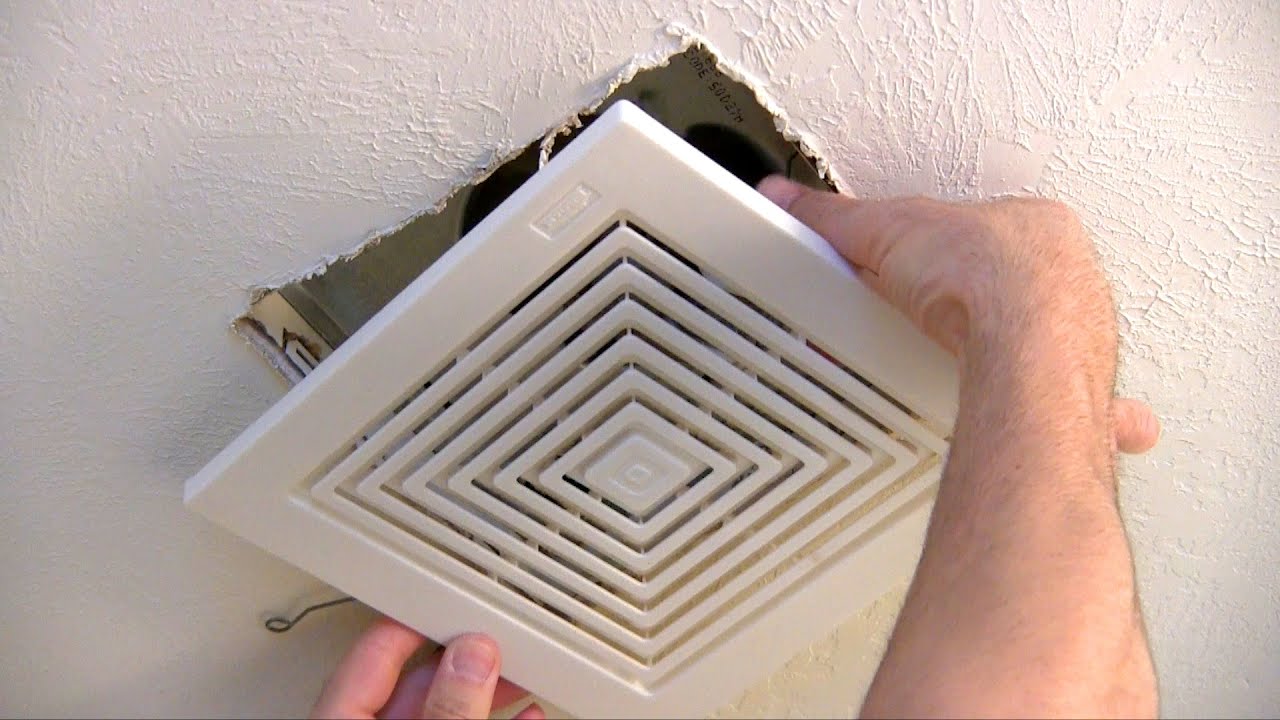
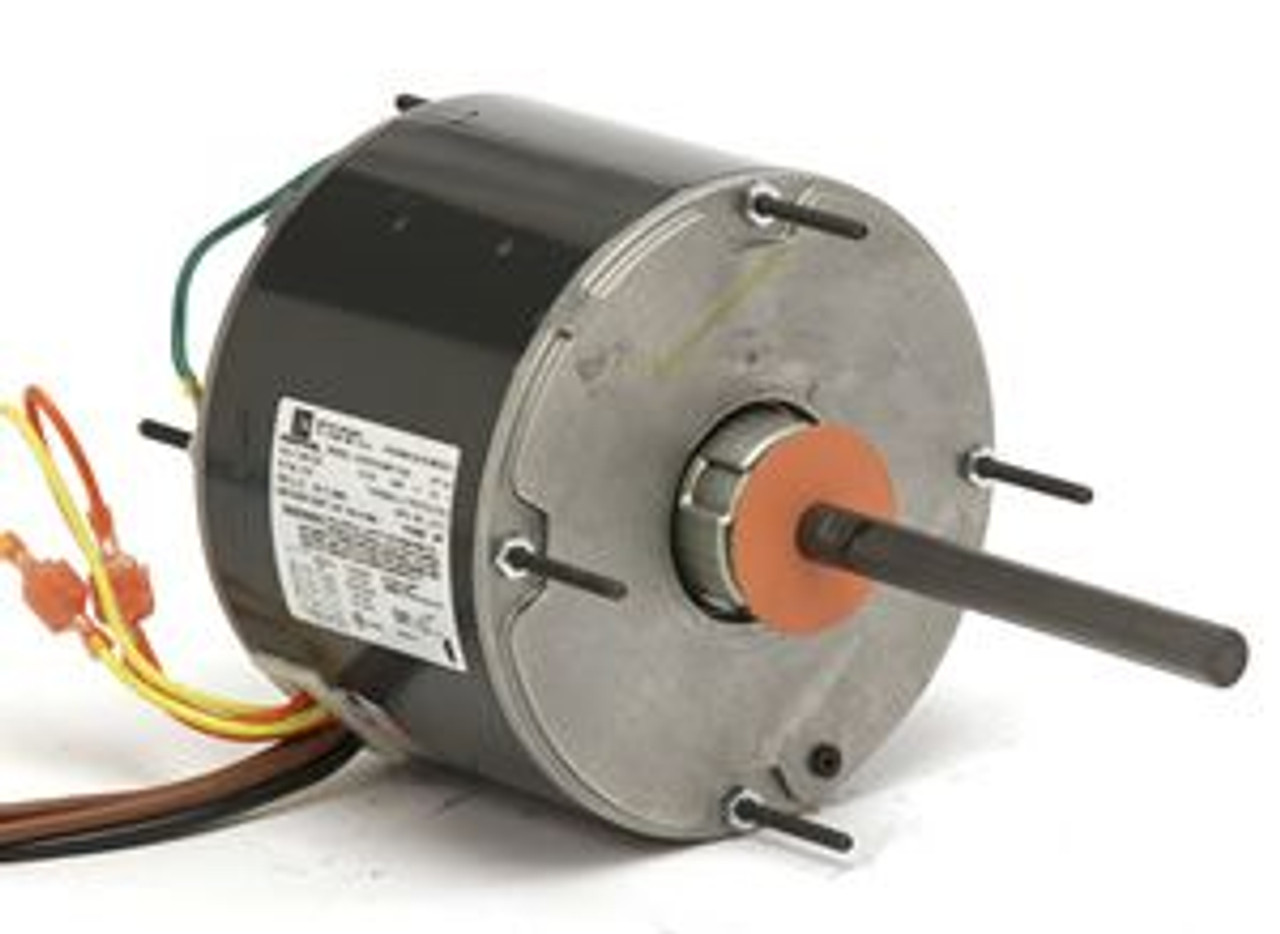
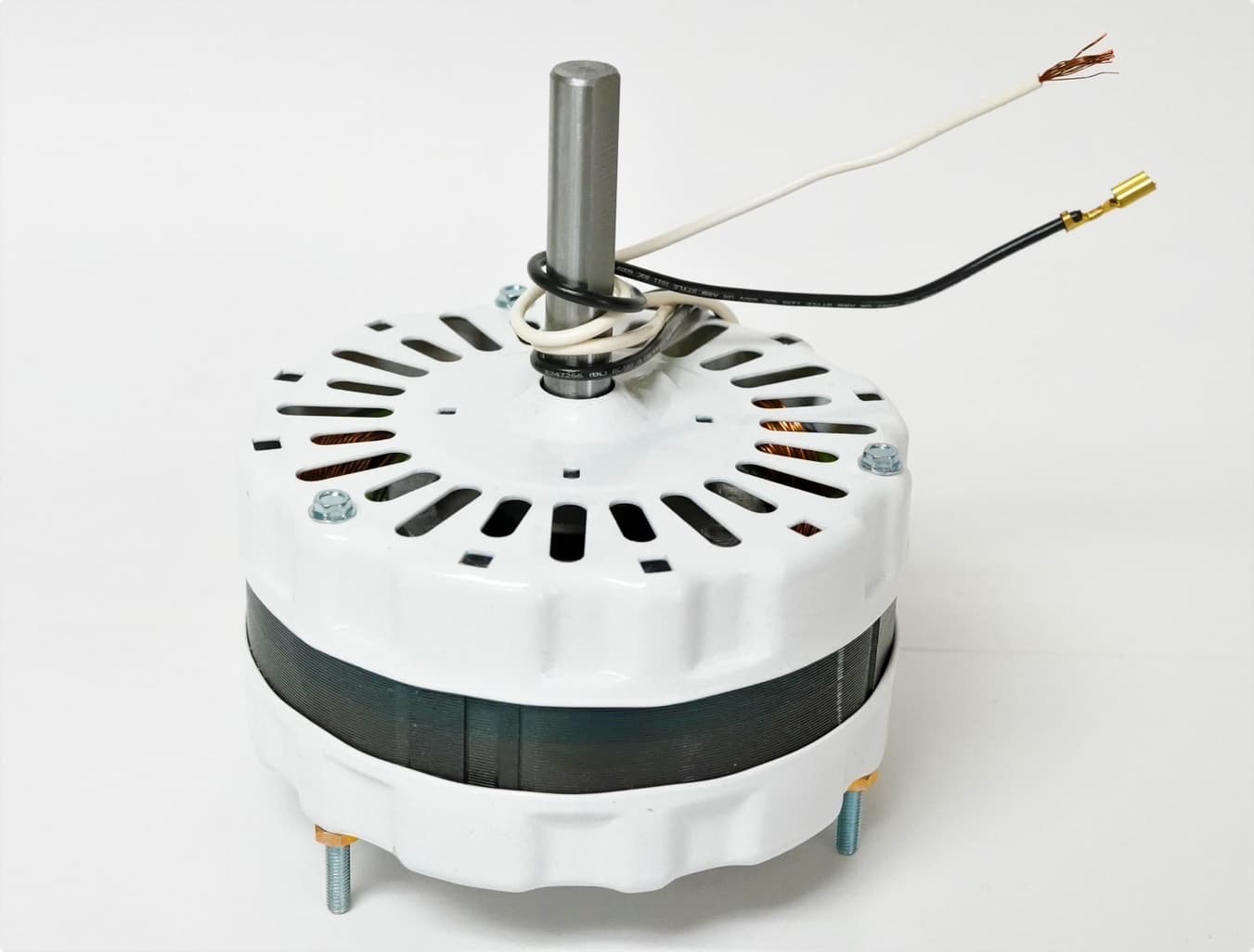
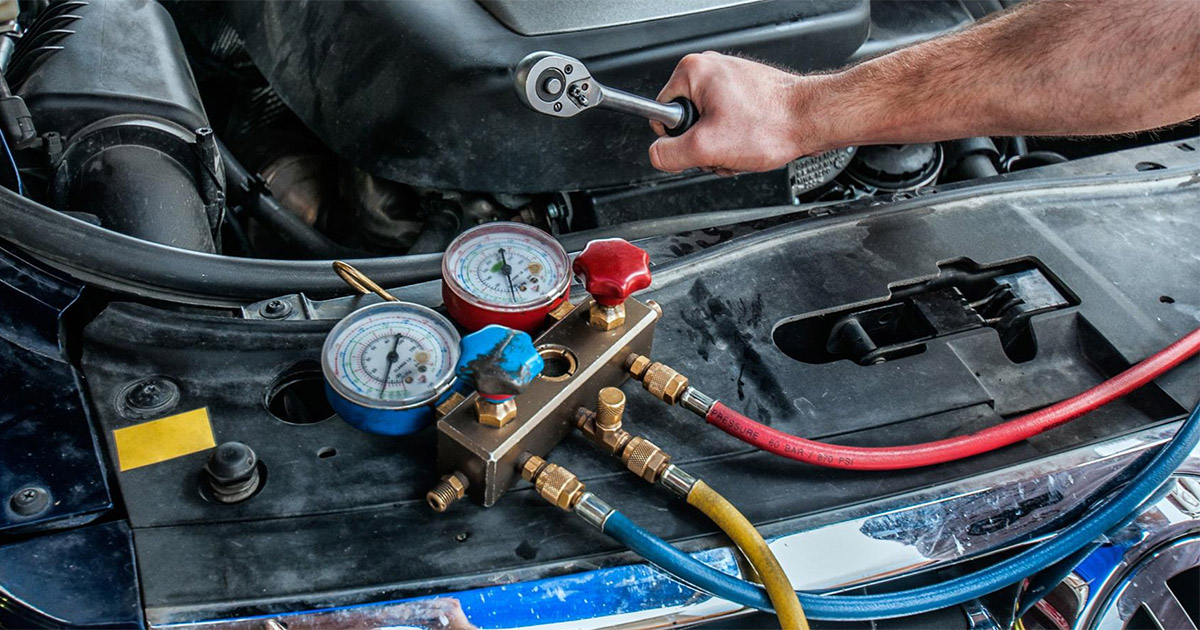
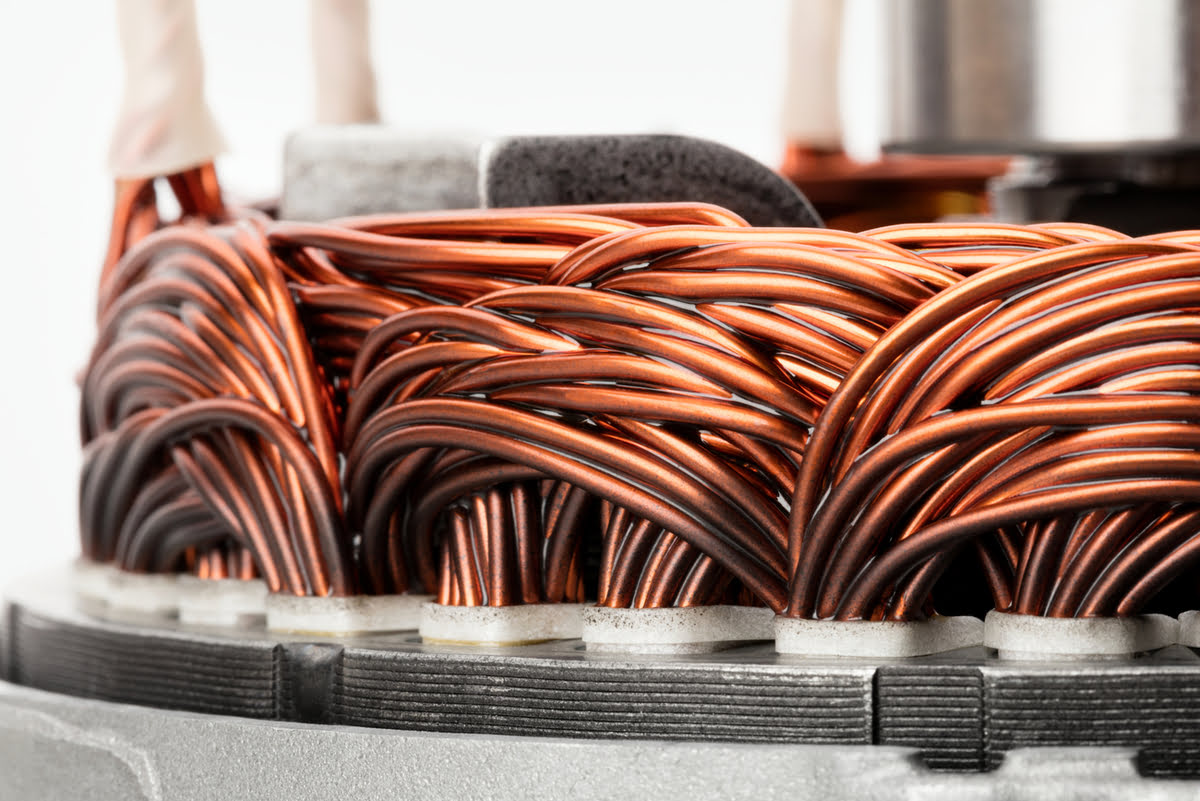
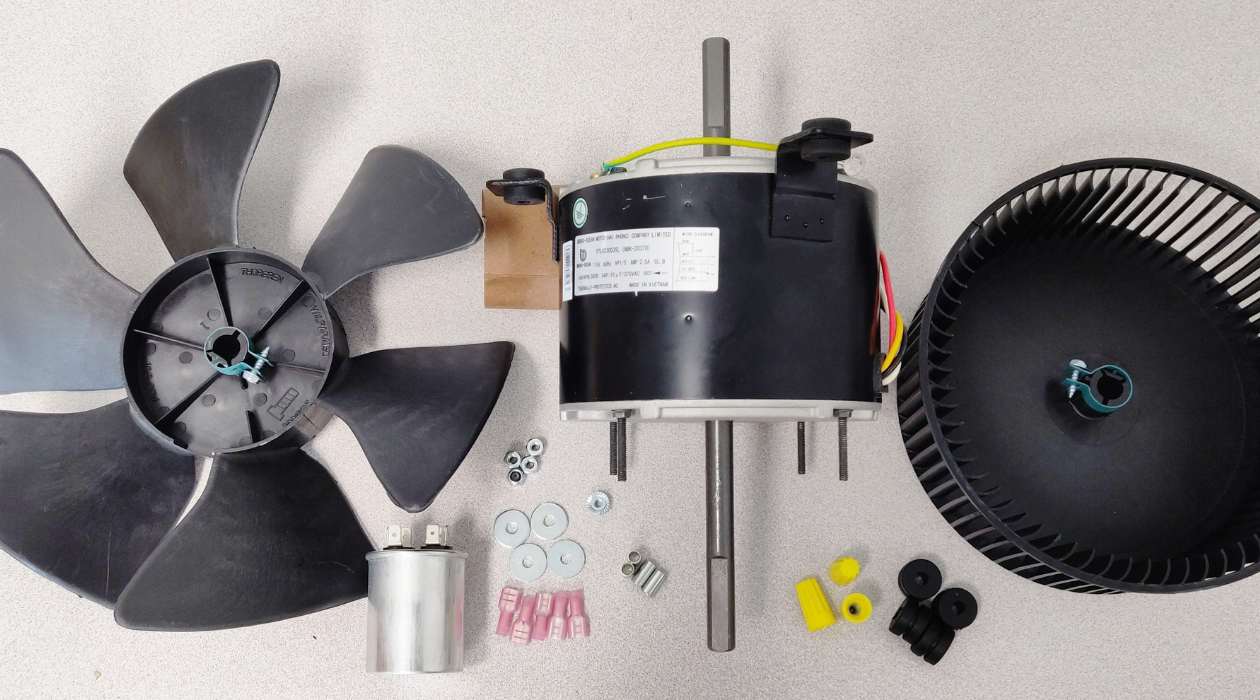
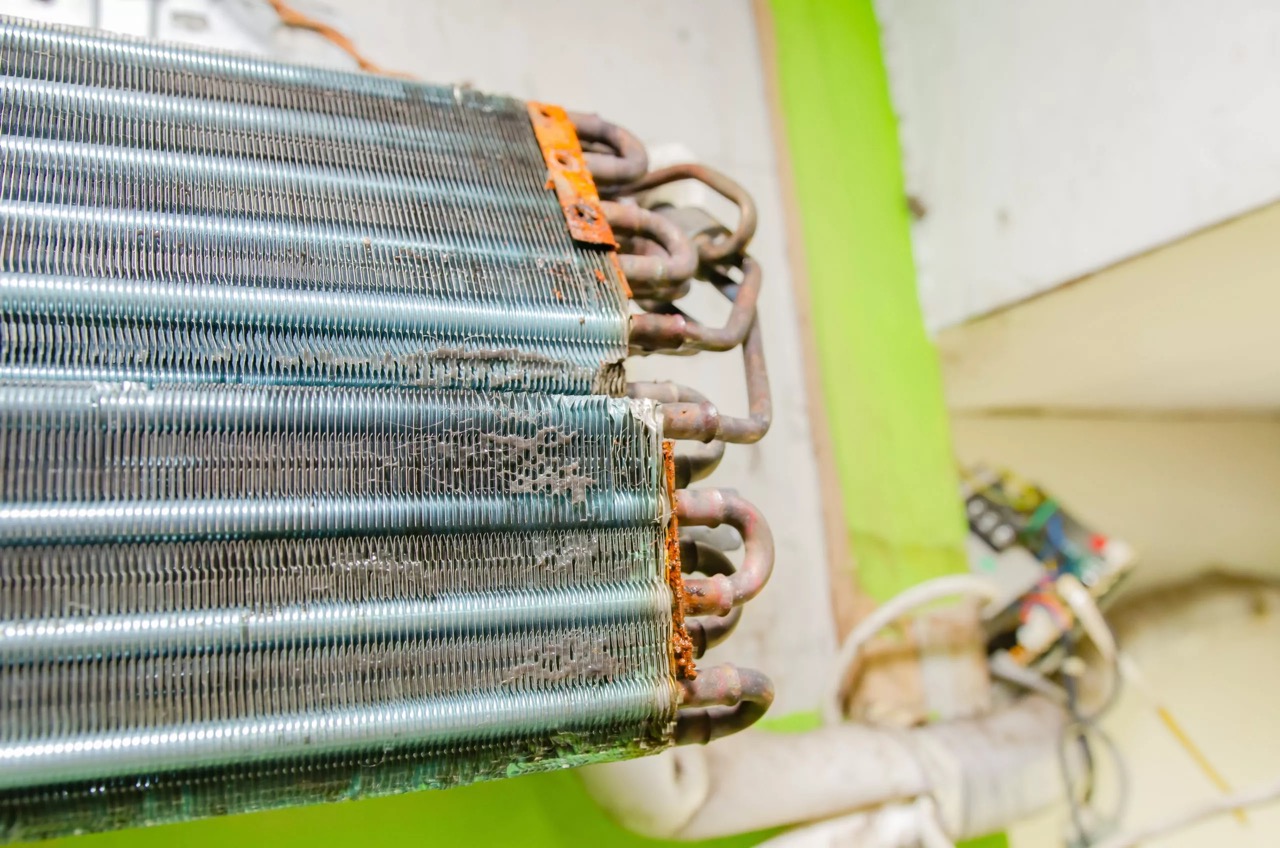
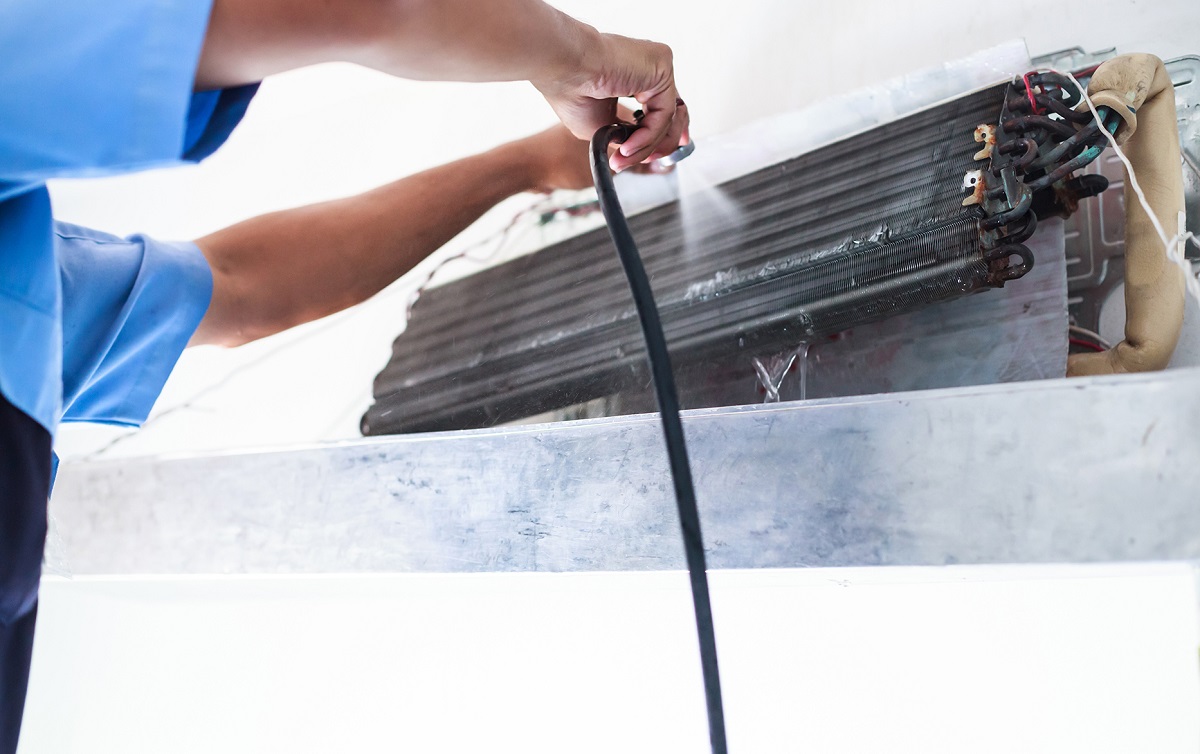
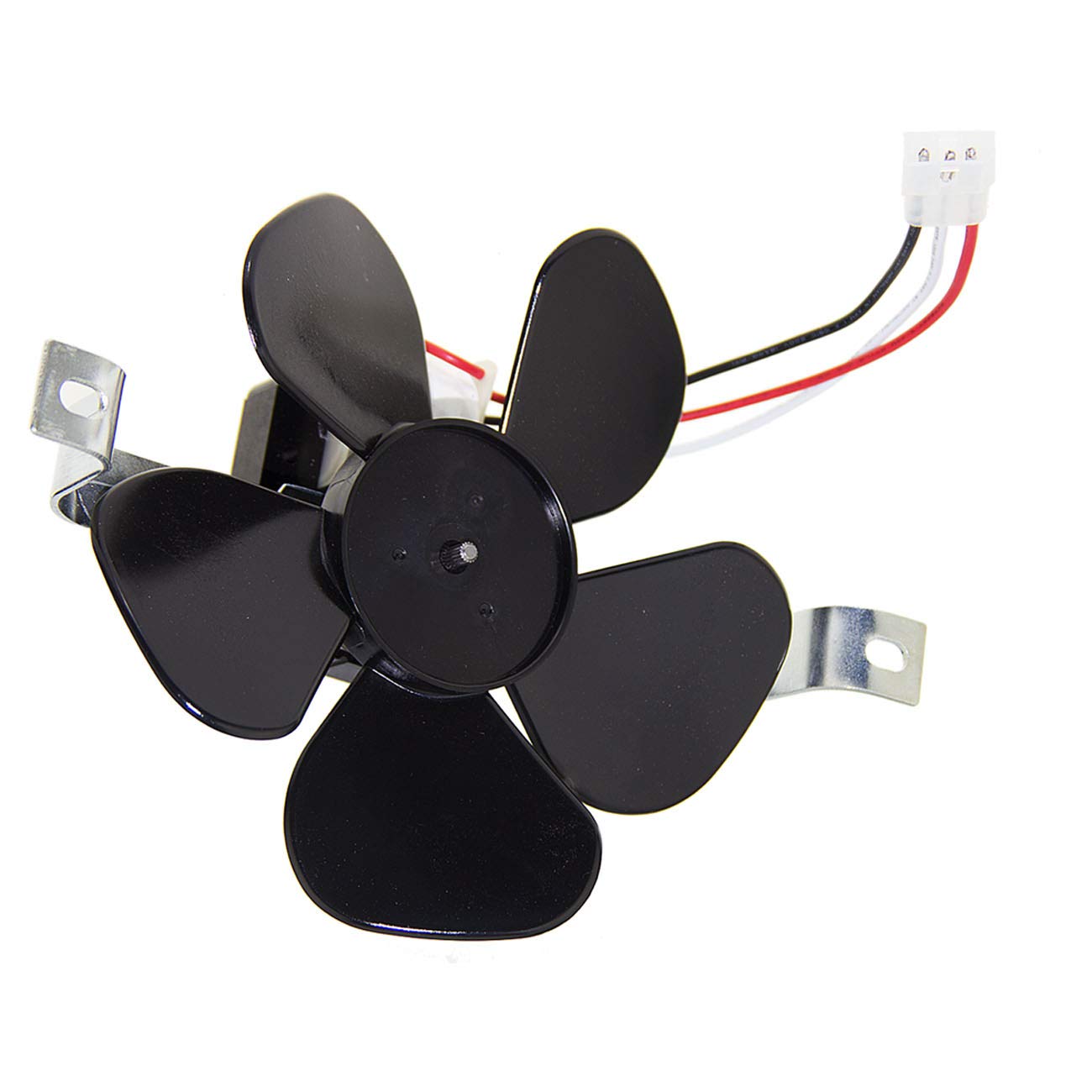
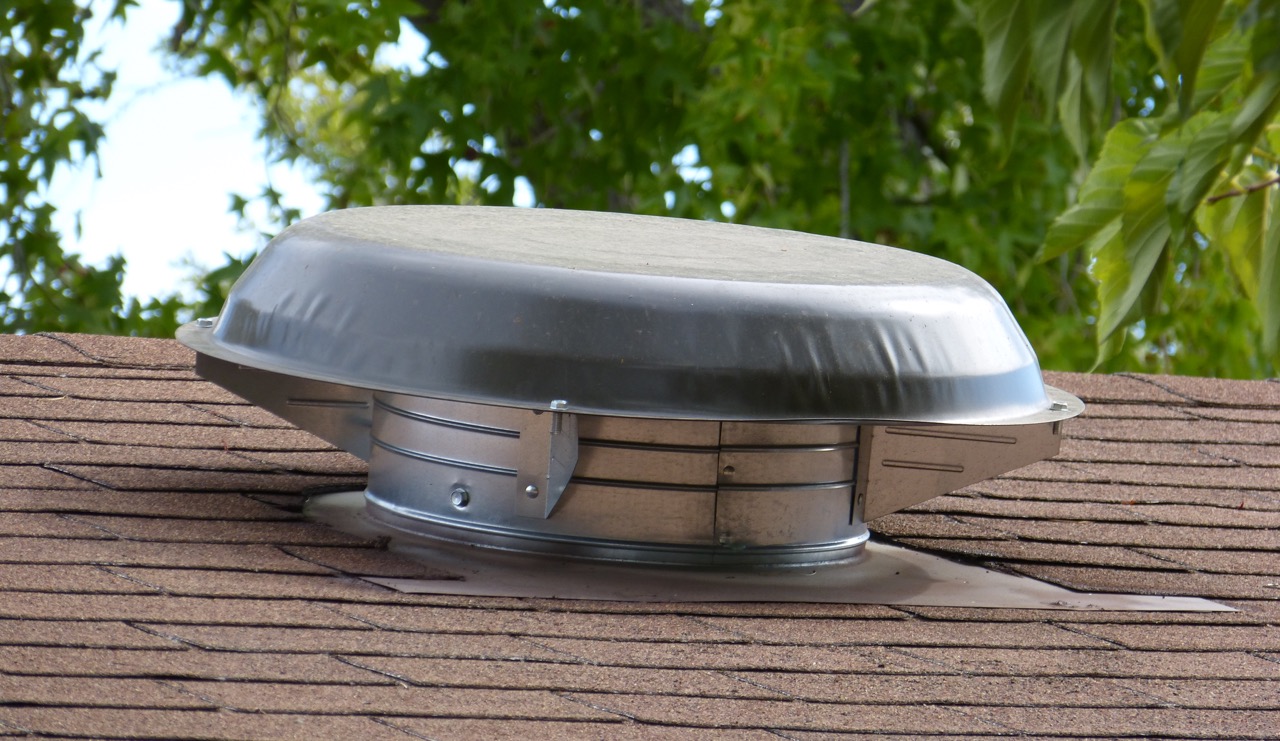
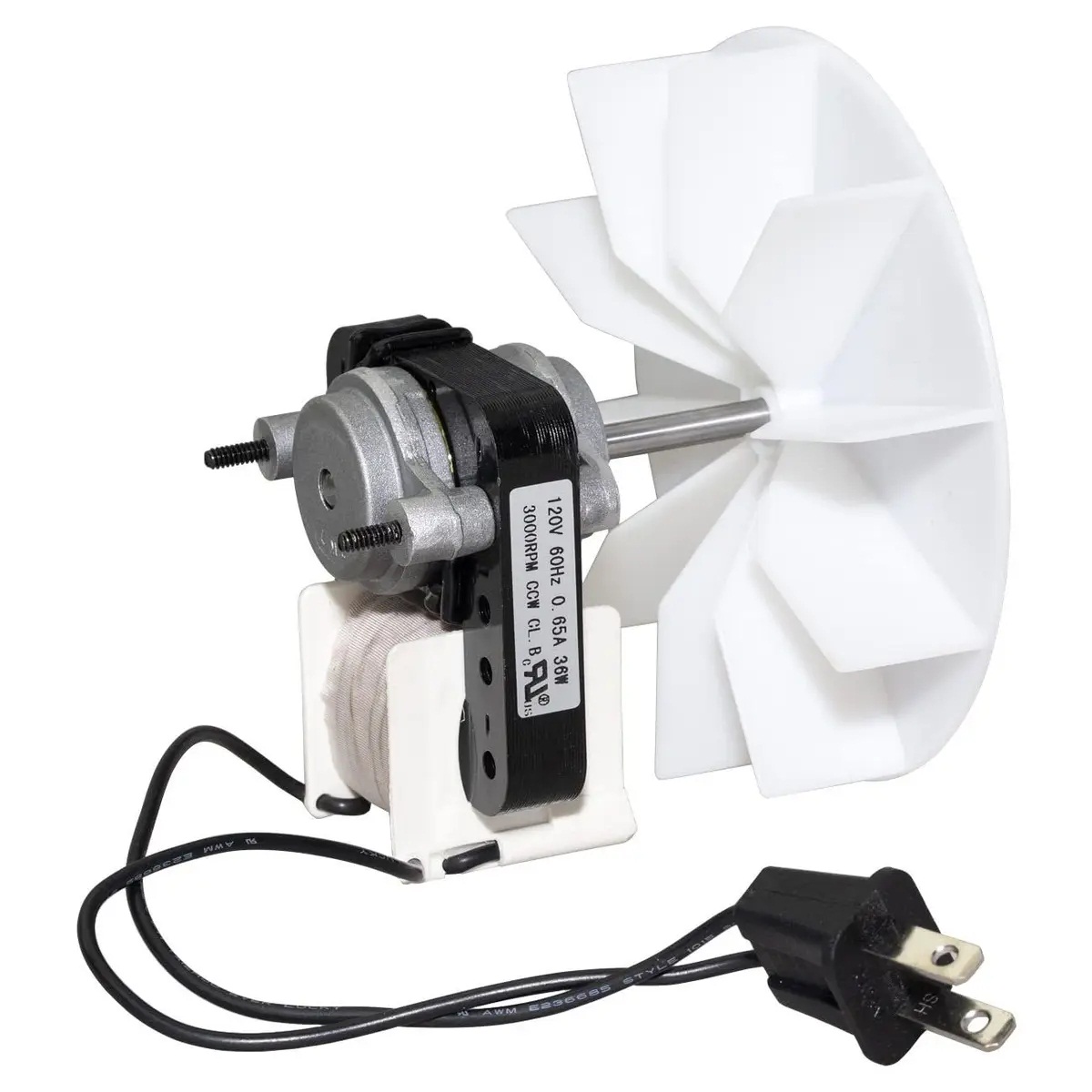

0 thoughts on “How Much Is an AC Fan Motor”